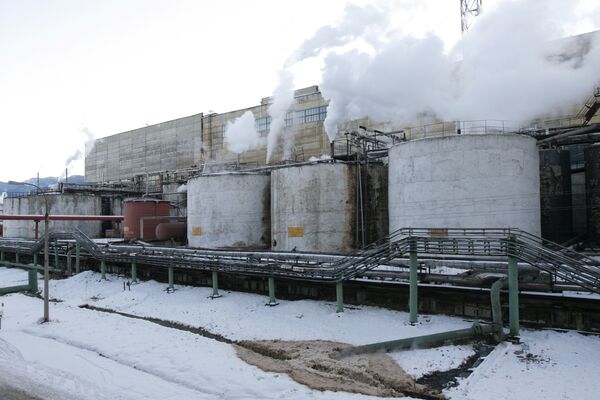Russian ecologists organized a coalition to stop Lake Baikal pollution by a pulp and paper mill which was reopened after being suspended for 16 months due to ecological concerns, a statement on the Greenpeace Russia website said.
The coalition is also aimed to cancel a resolution signed by Russian Prime Minister Vladimir Putin and create alternative job positions for pulp employees in Baikalsk by developing ecologically and socially orientated companies.
Vladimir Putin signed a resolution in mid-January, excluding the production of pulp, paper and cardboard from the list of operations banned in the Baikal natural territory, which is a UNESCO World Heritage Site.
Environmentalists decried Putin's move and were planning to appeal to President Dmitry Medvedev.
"We will address UNESCO to stop Baikal pollution," the statement said.
A number of non-governmental organizations, including Greenpeace Russia and WWF Russia joined the coalition.
A public campaign to close or convert the Baikal Pulp and Paper Mill built in 1966 on the shores of the world's largest freshwater lake became one of the symbols of Glasnost, the "openness" policy proclaimed by Soviet leader Mikhail Gorbachev in the late 1980s.
It involved the nation's leading statesmen and literary men and forced the Soviet government to promise a halt to pulp production by 1993.
The collapse of the Soviet Union in 1991 delayed the decision, and it was only in October 2008 that the plant switched over to a closed water cycle, preventing the discharge of waste into the lake.
In late December 2009, the Baikal mill started testing its new equipment.
In February, parliament members from Russia's Siberian republic of Buryatia sent Putin a letter requesting him to rescind his decision to reopen the mill.
MOSCOW, March 10 (RIA Novosti)


